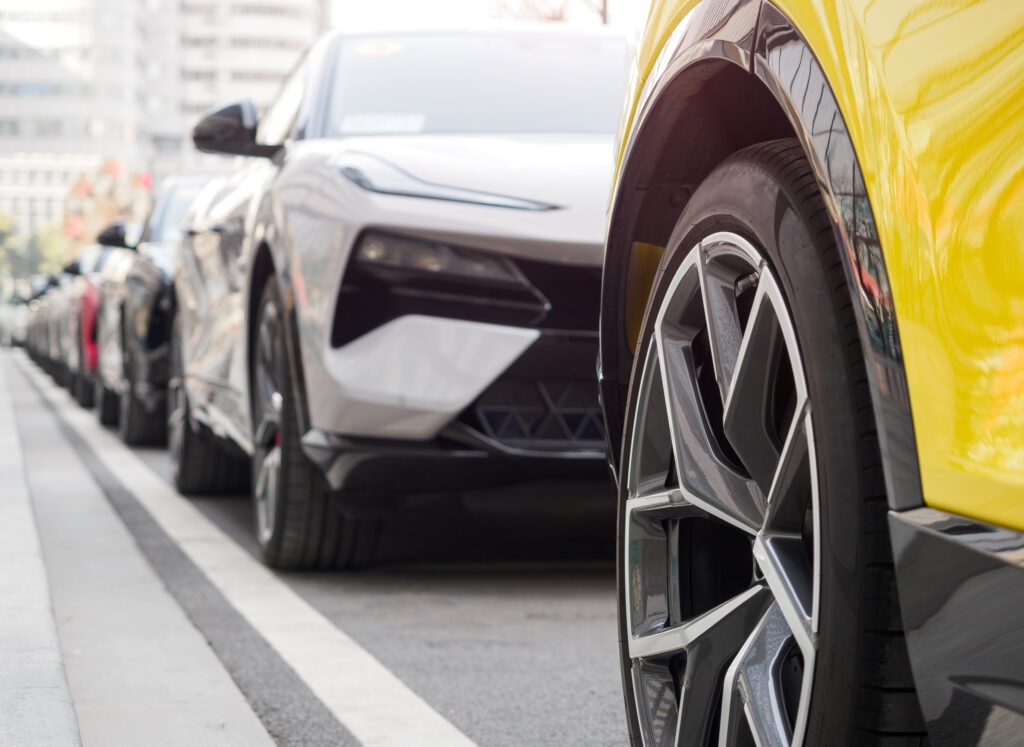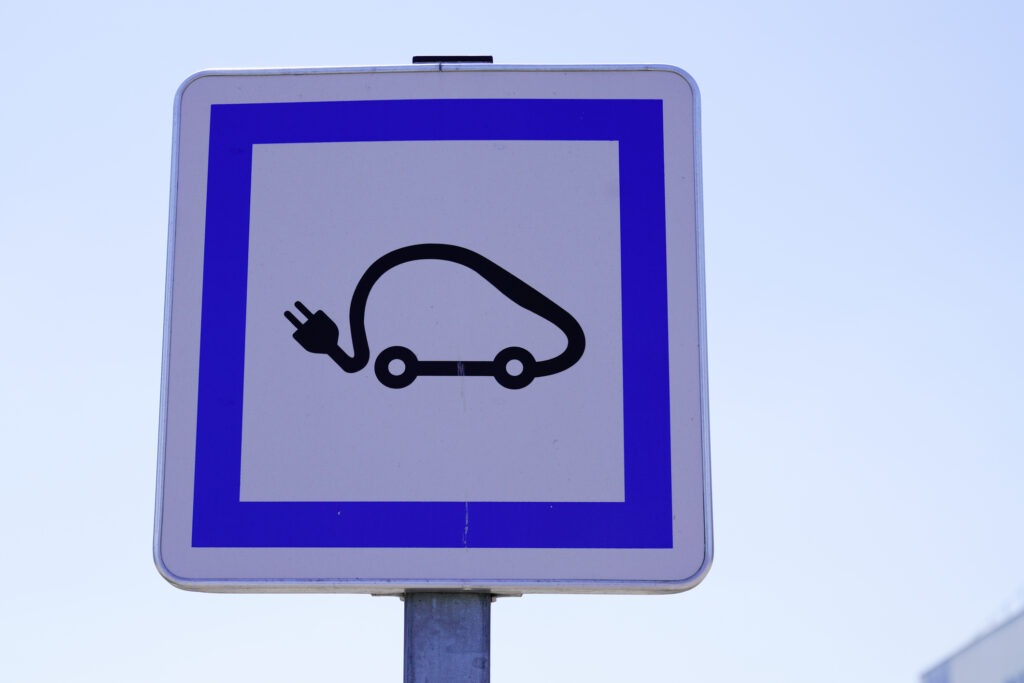UK new-car market driven by fleets in November
05 December 2023

A total of 156,525 new cars were registered in the UK in November, up 9.5% year on year. The latest figures from the Society of Motor Manufacturers and Traders (SMMT) reveal that fleets were once again the driving force in the market.
‘Britain’s new-car market continues to recover, fuelled by fleets investing in the latest and greenest new vehicles,’ said SMMT chief executive, Mike Hawes.
Fleet registrations rose 25.4% year on year, with 93,049 new cars accounting for 59.4% of the market, up from 51.9% in November 2022. Meanwhile, private demand fell by 5.9%, with 60,506 units accounting for 38.7% of all registrations in the month.
However, the wider market’s comeback from the COVID-19 pandemic appeared to falter. Registrations fell 0.1% on November 2019, as 96 fewer units took to the roads. This followed October’s 7.2% gain on the same month in 2019.
In the year to date, the UK’s new-car market grew 18.6% year on year, with 1,761,962 registrations. This equated to a drop of 18.5% when compared with the same 11-month period in 2019 (2,162,143 units).
Hybrid positivity
Plug-in hybrids (PHEVs) and hybrid-electric vehicles (HEVs) had a positive November, with registrations growing 55.8% and 27.8% year on year respectively. A total of 15,871 new PHEVs took to the roads, while 20,525 HEVs were delivered. Capturing 18.1% of the new-car market, petrol and diesel mild hybrids (MHEVs) recorded a combined 29,232 registrations.
Petrol remained the dominant market force with a 39.5% market share, as 61,875 new units were delivered, up 7.4% year on year. When combined with petrol MHEVs, this share increases to 54.5%. Meanwhile, diesel’s grip on the market shrank to 3%, with 4,663 units down 16.8% on November 2022. Alongside diesel MHEVs, this share climbs to 6.7%.
Difficult BEV comparison
Fleets also boosted battery-electric vehicle (BEV) registrations thanks to tax incentives. A total of 24,359 new all-electric cars made it onto the country’s roads in November, of which 77.4% went to fleets and businesses.
BEV registrations fell by 17.1% year on year, with the powertrain’s market share holding firm at 15.6%, the same as in October. This decline in volume was partially thanks to the success of all-electric cars in November 2022.
The figures were inflated as remedied supply chain issues gave way to a surge of deliveries. The termination of the plug-in car grant (PiCG) in June provided additional momentum, meaning one in five new cars registered last November was a BEV.
More clarity needed
While the UK has delayed its ban on the sale of new petrol and diesel models until 2035, the zero-emission vehicle (ZEV) mandate will come into force next year. This means 22% of each carmakers’ new-vehicle registrations must be zero-emission.
This will rise to 28% in 2025, 80% in 2030, then 100% in 2035. The ZEV mandate will likely result in carmakers pushing HEV, PHEV and petrol models via discounting and pre-registrations towards the end of this year.
‘The fall in private electric-vehicle sales for November is unsurprising with the upcoming ZEV mandate implementation set for January, although NFDA would argue that this is not a true reflection of the market and consumer demand for EVs remains strong,’ said Sue Robinson, chief executive of the National Franchised Dealers Association (NFDA).
Infrastructure remains a sizeable barrier to BEV adoption as well. The government acknowledged the need to remove unnecessary planning constraints for charge-point construction in its Autumn statement. However, Robinson highlighted the lack of further clarity.
‘Private EV buyers need incentives in line with those that have so successfully driven business uptake – and workable trade rules that promote rather than penalise the transition,’ Hawes said.
The SMMT stated that halving the value-added tax (VAT) on new BEVs and reducing VAT on public charging to 5% would help make the electric transition more accessible. The body went on to highlight the need to delay the impending Rules of Origin deadline, which threatens to impose tariffs on EVs traded between the UK and EU.
Powertrain projections
EV-volumes.com (part of Autovista Group) expects BEVs to reach a new-car market share of 16.2% by the end of 2023. This figure is expected to gradually climb towards 75.5% by 2030, before reaching 96.1% in 2035.
Accordingly, the popularity of other powertrains is expected to descend. Petrol is forecast to claim 40.5% of the UK’s new-car market by the end of this year, before descending to 3.6% in 2030, then 0.3% in 2035.
From a projected share of 19.3% by the end of 2023, MHEVs are expected to take 10.7% of the market in 2030, then 0.8% in 2035. HEVs should see a 12.7% share of the market by the end of the year, falling to 6.1% in 2030 and 1.4% in 2035.



